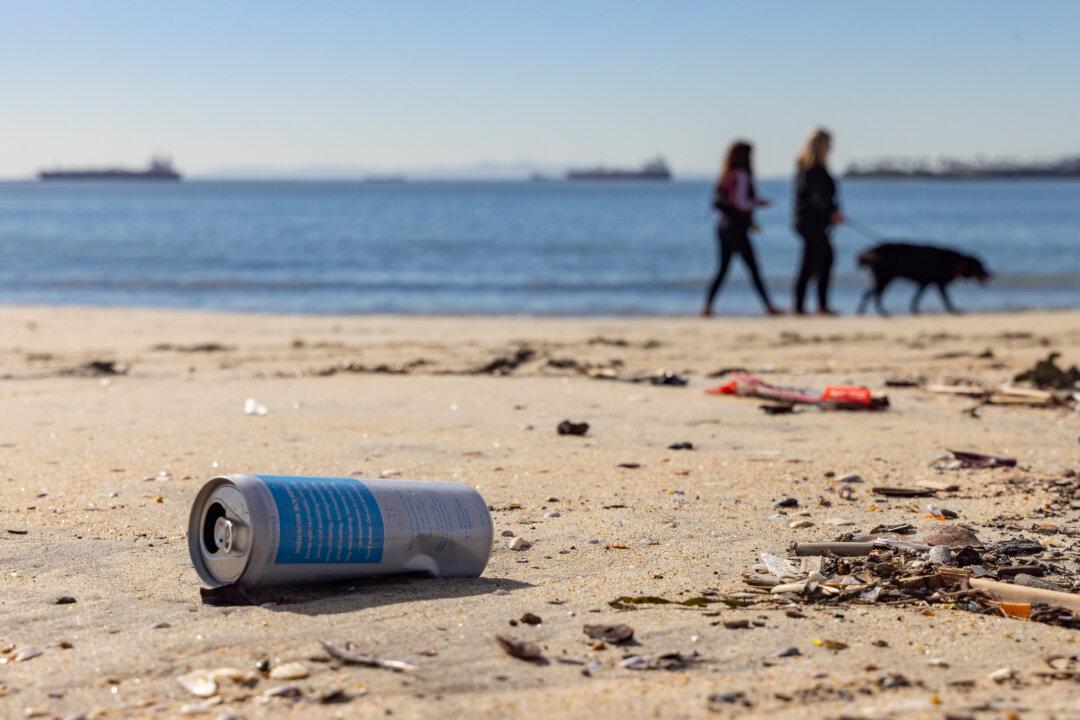Federal and state officials will temporarily close the last beach open for free night camping along Highway 1 in the Big Sur area of Central California as human waste and trash along the shoreline is threatening wildlife.
U.S. Forest Service officials expect to close San Carpoforo Creek Beach, about 14 miles north of San Simeon in San Luis Obispo County, by mid-April, Los Padres National Forest District Ranger John Finley Eifert told California Insider on March 18.





